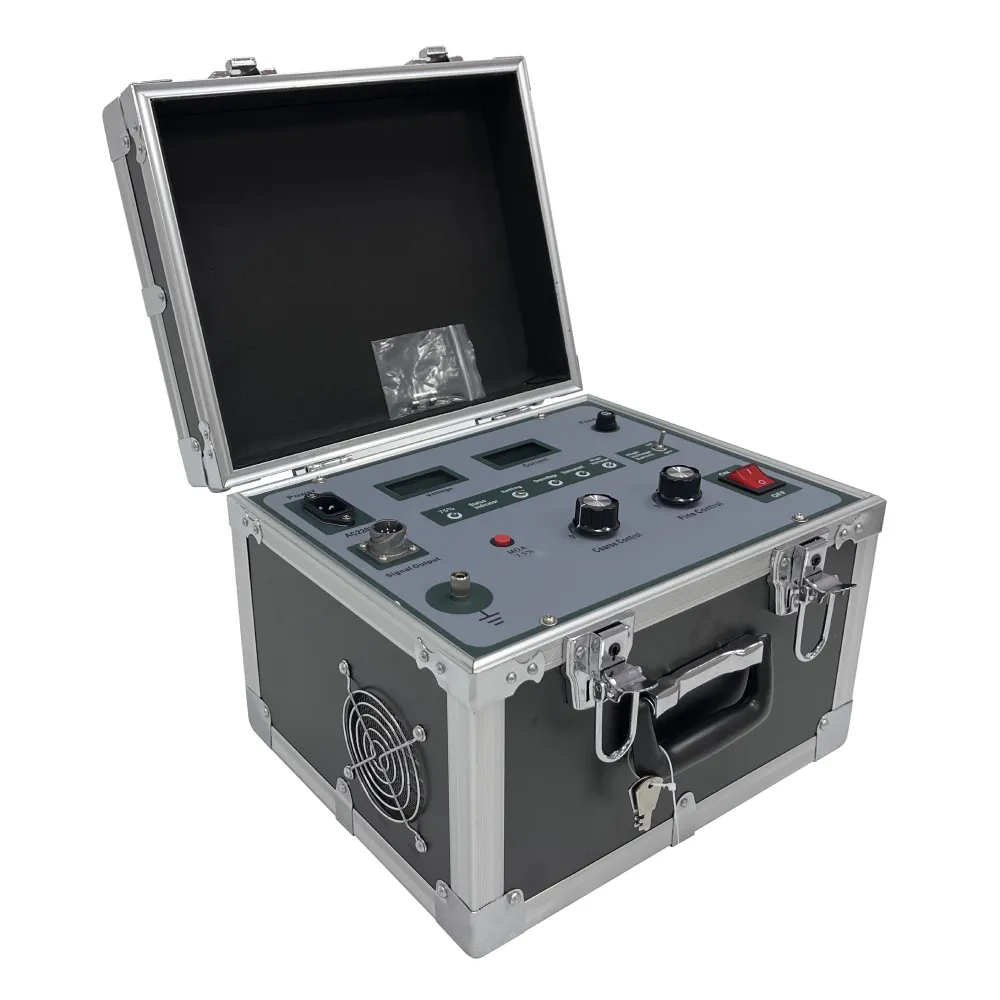 English
English


Comprehensive Analysis of Power Quality Issues Using Advanced Measurement Techniques and Tools
Understanding Power Quality Analyzers Importance and Applications
Power quality is a crucial aspect of electrical engineering and energy management systems, influencing not only the longevity and efficiency of electrical equipment but also the overall reliability of power systems. As industries increasingly rely on sensitive electronic devices and automated systems, maintaining optimal power quality is essential. One of the key tools for assessing and improving power quality is the power quality analyzer.
What is a Power Quality Analyzer?
A power quality analyzer is a sophisticated instrument designed to measure, record, and analyze the quality of electrical power supplied to an electrical system. It evaluates various parameters that affect power quality, including voltage sags, swells, harmonics, transients, frequency fluctuations, and imbalances in electrical loads. These devices can capture data over time, providing insights into the behavior of electrical systems under different operating conditions.
Why is Power Quality Important?
The importance of power quality cannot be overstated. Poor power quality can lead to numerous issues such as equipment malfunction, increased energy costs, reduced operational efficiency, and even catastrophic failures in critical systems. For industries such as manufacturing, healthcare, and data centers, where uninterrupted and reliable power supply is essential, the repercussions of inadequate power quality can be severe.
For instance, voltage sags or dips can disrupt production lines in manufacturing plants, causing costly downtime. Similarly, harmonics resulting from non-linear loads can lead to overheating in transformers and motors, compromising their lifespan and performance. Power quality analyzers help identify these problems, allowing for proactive measures to mitigate risks.
Applications of Power Quality Analyzers
power quality analyser

Power quality analyzers are used in a variety of applications across different sectors
. Here are some of the primary uses1. Monitoring and Diagnostic These devices are utilized to continuously monitor power quality parameters in real-time. This allows engineers and facility managers to diagnose ongoing issues and identify trends over time.
2. Compliance Testing Many organizations are required to comply with specific power quality standards set forth by regulatory bodies. Power quality analyzers enable companies to conduct compliance testing to ensure adherence to these standards.
3. Load Research Power quality analyzers can assist in load research by providing data on electrical consumption patterns. This is particularly useful for utilities and energy providers aiming to optimize grid performance.
4. Utility Applications Utilities use power quality analyzers to assess the quality of power being fed into the grid, ensuring that customers receive reliable and stable electrical supply.
5. Equipment Optimization By analyzing data captured by power quality analyzers, companies can optimize their electrical systems for better performance and efficiency, potentially leading to significant cost savings.
Conclusion
In an era of growing dependence on technology and power-sensitive devices, the significance of power quality analyzing cannot be overlooked. By effectively utilizing power quality analyzers, industries not only save on maintenance and operational costs but also enhance the performance and reliability of their electrical systems. As technology continues to evolve, the role of power quality analyzers will become even more pivotal in managing energy resources sustainably and efficiently. For organizations aiming to achieve operational excellence, investing in quality monitoring solutions is not just a necessity but a strategic advantage.
-
Differences between open cup flash point tester and closed cup flash point testerNewsOct.31,2024
-
The Reliable Load Tap ChangerNewsOct.23,2024
-
The Essential Guide to Hipot TestersNewsOct.23,2024
-
The Digital Insulation TesterNewsOct.23,2024
-
The Best Earth Loop Impedance Tester for SaleNewsOct.23,2024
-
Tan Delta Tester--The Essential Tool for Electrical Insulation TestingNewsOct.23,2024





